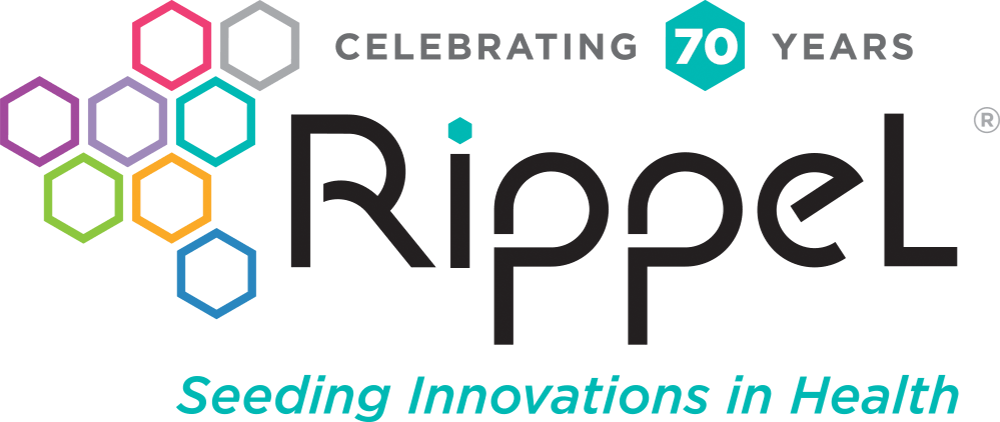The Stew BLOG
Moving Beyond the ‘Where Do I Get My Next Grant?’ Mindset: What We Learned About Sustainable Financing from the Pulse Check
The biennial Pulse Check report of multi-sector partnerships was released last month with the results from 237 partnerships across the United States. The findings indicate that long-term financial planning is a paramount challenge for nearly all of the surveyed partnerships. Partnerships are relying heavily on grants, struggling to fund their backbones, and are often operating without a robust financial infrastructure.
The survey asked partnerships to report on financing structures that currently support their work as well as their financing priorities for the next year. Three-quarters of respondents report relying primarily on grants or contracts, which does not come as a surprise to us (see my colleague Kim Farris-Berg’s post on this topic from last November). What is a bit surprising, however, is that adopting longer-term financing structures, such as taxes, health and wellness trusts, shared savings agreements, or community development financing, is not a priority.
In addition, few partnerships have developed long-term financial plans—only 5% of the partnerships report having a financial plan for their entire long-term strategy. Nearly 20% of the respondents report that they had not yet estimated the cost to fully fund their ambitious agendas (at the time of response). Moreover, financial planning is occurring on short time horizons (1-3 years) for 53% of partnerships, versus a longer time-line of five or even 15 years out. Perhaps this is because so many partnerships are relatively new, with almost two-thirds being formed in the last seven years. Nonetheless, financial planning can be an important tool and guide for long-term sustainability.
At ReThink Health, we are working on helping partnerships to adopt a fundamentally different financing mindset—one that moves beyond the default thinking of ‘where can I get my partnership’s next grant’ to ‘we can shape our financing future.’ Much is at stake for these multi-sector partnerships, whose work is undeniably necessary and valuable. Building the appropriate financing structures will help maintain and bolster their work for years to come.
When respondents were asked to look beyond the specific financing structures and speak to more general financing priorities for the coming year, 52% indicated that securing resources for their backbone or partnership infrastructure is the top priority. Aligning resources across organizations (44%) and identifying impact measures or return-on-investment (ROI) (37%) followed next. This is promising; although most partnerships aren’t yet utilizing long-term financing sources and planning, these responses suggest that they are thinking about sustainable financing and the longevity of their partnership.
The timing is right. There are exciting opportunities to build financing structures and approaches that recognize the creation of health spans the boundaries of single organizations. Some opportunities, for example, are the use of community wellness funds and tax credits. Multi-sector partnerships are on the frontier of solving some of our deepest health problems, including entrenched health disparities, massive losses of productivity, and untenable health care costs. But if partnerships are going to make strides, they will require support from all sectors of our society—starting with a shift in how these solutions are funded. The practical challenges are many. Financing procedures, protocols, and priorities are so deeply embedded in our larger health care system and public budgeting structures that any health improvement effort will need to incorporate these aspects if it is going to succeed.
ReThink Health is poised to support partnerships as they address their top sustainable financing priorities in the coming year. We are already creating tools for partnerships and backbone efforts that are interested in developing business models to pursue payment for the value they provide. And more resources are under development for partnerships interested in estimating ROIs for population health interventions.
The Pulse Check results are clear: grants are currently the survival mechanism for the majority of partnerships. ReThink Health is working with partnerships to help them think beyond the grant. We’re out in the field testing our financing ideas and tools with communities across the United States through our Ventures project and Be There San Diego. In addition, we’ll be releasing our financing workbook in early 2018, which will feature a variety of financing tools that will help partnerships sustainably finance their work. We look forward to sharing these resources soon!
Feel free to post your questions/comments below — or email us at [email protected] or find us on Twitter @ReThinkHealth!

